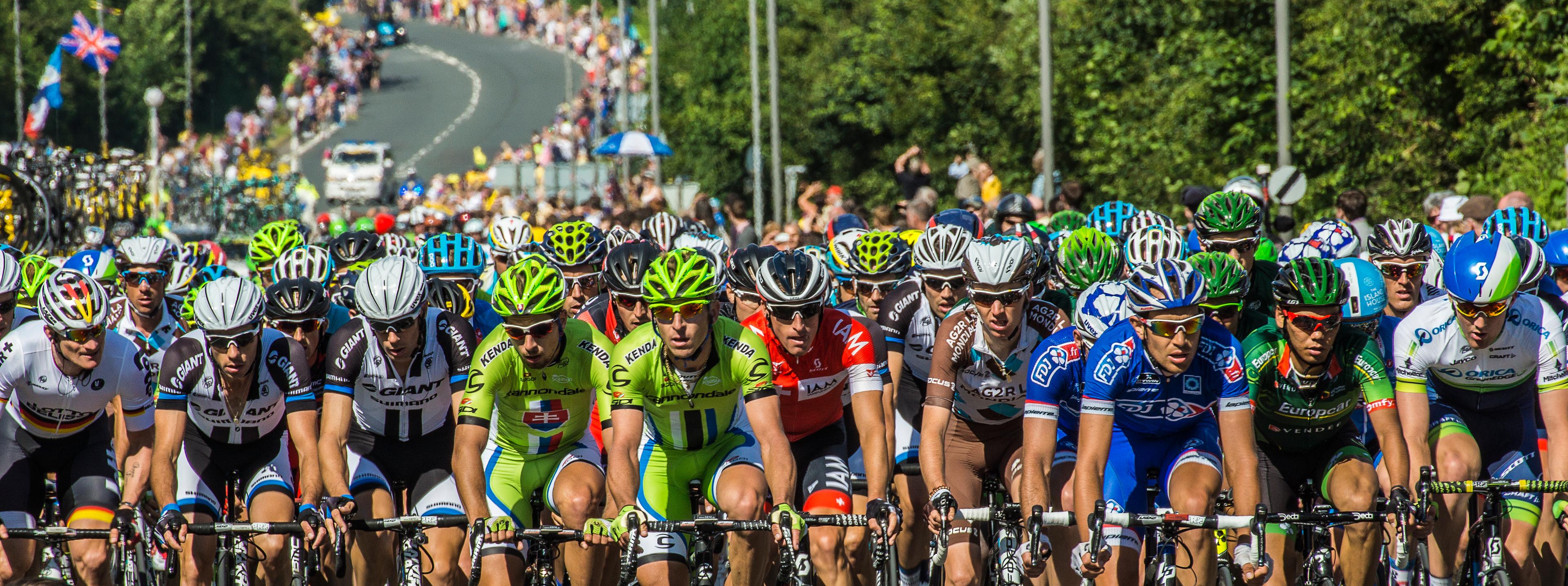

Scott Mercier made a choice 20 years ago: He refused to take performance-enhancing drugs. That decision ended his professional biking career and his slot on the U.S. Postal team.
That same team went on, with Lance Armstrong in the lead, to dominate seven Tours de France. Mercier went on to a long spell of anonymity. He become a financial advisor in Grand Junction.
While Mercier was working, raising a family and, at times, second-guessing his decision to turn down the drugs that were taking other professional racers to the heights of that sport, the world of professional road racing was flipped.
- Colorado Mountain Bike Race Pushes Lance Armstrong's Comeback
- Athletes Chased By Technology In The Sport of Anti-Doping
The U.S. Postal cycling team became enmeshed in a widespread doping scandal. Armstrong was revealed as the most egregious cheater in the history of professional cycling and stripped of his seven Tour de France wins. And, suddenly, Mercier's name began popping up as the professional racer who took a principled stand and refused to dope.
Mercie has used that new spotlight to champion dope-free cycling. He has become a strong supporter of collegiate cycling and will deliver a keynote address — about essons learned in his unusual path through professional racing and his unlikely friendship with Armstrong — to cyclists gathering in Grand Junction for the USA Cycling Collegiate and Para Road Nationals.
Interview Highlights With Scott Mercier
On Making The Tough Decision To Drop Out Of Professional Cycling Rather Than Dope:
"For me, it felt like I would start getting this kind of addictive power, where you get addicted to the strength, and that it is one step on a merry-go-round that I could never get off of, or a toilet bowl where you are sort of circling and circling and circling. And I just thought, 'I don't know how this ends.' And I knew that to take that step, there was no way I could get around having to live my life as a lie."
On Whether He Feels Vindicated In His Decision Not To Dope:
"I don't know if that is the right word for it. I certainly feel satisfied. You kind of reap what you sow. And we've seen that with what happened with Armstrong and Postal certainly. I guess I do sort of feel vindicated. I can't lie. There were times when I wanted it to be exposed so you could really see what was going on. The other side of that, though, is that I know how much the riders today are suffering. I know how much the sport is suffering."
On Whether Lance Armstrong Is Sorry For His Role In Doping:
"You know what he is sorry for, he is sorry for the way he treated people. And I believe him when he says that. He is not sorry that he doped, nor do I think that he should be because he was a 22-year-old kid facing a hundred years of institutionalized doping. Could he have changed it? Perhaps. You know sometimes it just takes one person to call 'foul' on something to change the culture, but I can't put the entire sins of decades of problems in a sport (and I think there are doping problems in more than one sport: I don't believe the deflated football is the NFL's biggest problem). In some ways, I think he's gotten exactly what he deserves. But in some ways he's the fall guy for really an entire sport."
On What He Tells Young Cyclists Just Coming Up In The Sport:
"I found that some of the lessons I learned in the peloton, particularly the ability to suffer -- to just have some grit and to suck it up -- can carry you well through life, whether it's in your career or personal life, and certainly in endurance sports. Suffering is a key component to success...And I try to tell these kids to carry yourself with integrity."








